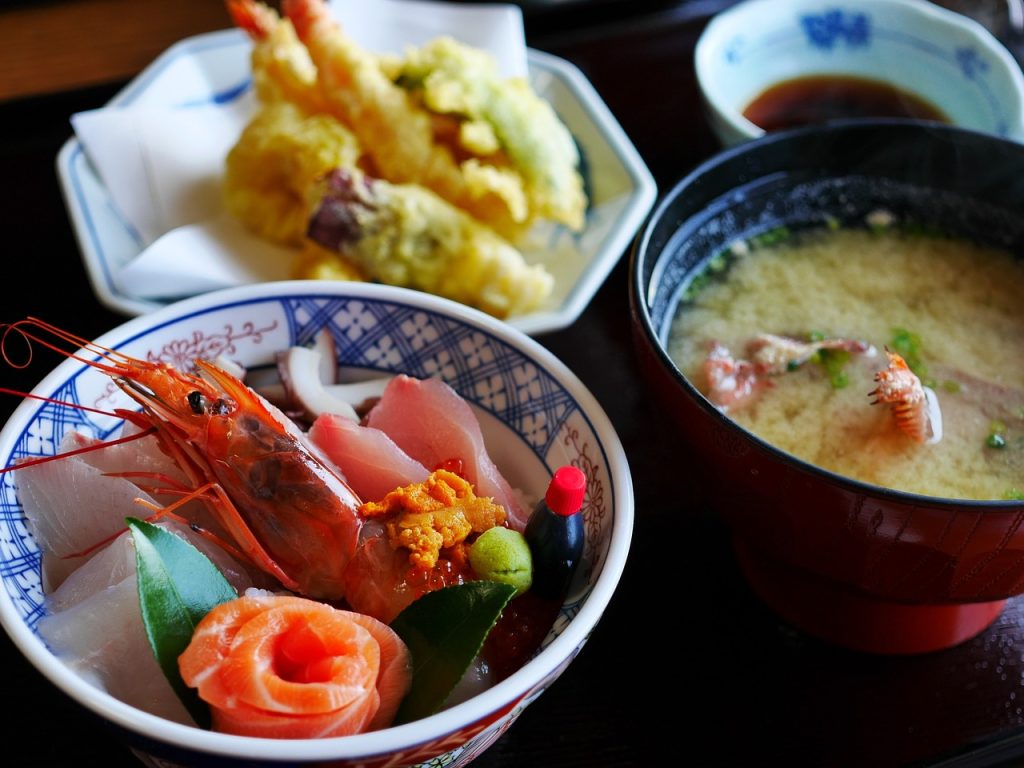The traditional Japanese diet focuses on cherishing seasonal ingredients and uses simple cooking techniques to make the ingredients delicious and perfectly presented. Even when spicy is added, it is only used as a gentle garnish.

TOKYO, JAPAN (MERXWIRE) – Do you like spicy? Around the world, many countries, such as the United States, the United Kingdom, China, Korea, and Thailand, have a high proportion of people who enjoy spicy food. However, did you know that Japan—famous for its rich culinary heritage—is widely regarded as a country that does not favour spicy dishes? Why is this the case? According to research, the answer is closely linked to Japanese dietary culture and climate.
A 2022 survey found that about 45% of respondents liked spicy food, and just 21% said they liked it very much. This may be attributed to Japan’s culinary traditions, which emphasize the natural flavours of fresh ingredients, focusing on subtlety, refreshing simplicity, and naturalness. Traditional Japanese cooking methods aim to draw out the food’s inherent taste rather than mask it with spices. This devotion to simplicity has defined Japanese cuisine, making its use of spice notably milder than other Asian cuisines.
In addition, climate is also an essential factor affecting food culture. According to a study by Cornell University in the United States, tropical countries use more spices and spicy seasonings. Scientists point out that people living in hot areas need to use more spicy seasonings to inhibit bacteria in food, so recipes in these areas often contain a variety of spices. In contrast, countries with cooler temperatures, such as Japan, usually use only small amounts of spices in their diets, or sometimes none.
Japan’s relatively mild climate, particularly in regions like Honshu, Shikoku, and Kyushu, does not share Southeast Asia’s extreme heat and humidity. Additionally, spices that thrive in hot climates are more difficult to cultivate in Japan, indirectly contributing to Japanese cuisine’s milder flavour profile.
While Japanese food is not traditionally known for its spiciness, changing times have brought new trends. As more Japanese people travel abroad and experience diverse cuisines in recent years, there has been a growing interest in spicy foods. One key reason for this shift is the influence of other culinary cultures.
Various spicy condiments are available today, allowing people to add a hint of heat to their dishes without straying from traditional cooking roots. Well-known Japanese spicy seasonings include wasabi, shichimi togarashi, and yuzu kosho. These condiments have become familiar staples in Japanese kitchens.
Japanese cuisine evolves with a fresh perspective as the love for spicy flavours grows. By skillfully blending traditional ingredients with modern tastes, the Japanese have retained the elegance and precision of their culinary style while introducing a new layer of excitement to the palate. This unique approach—respecting the essence of ingredients while catering to the modern preference for spiciness—allows Japanese cuisine to strike a delicate balance, offering a refined and harmonious “Japanese spicy fla.”






